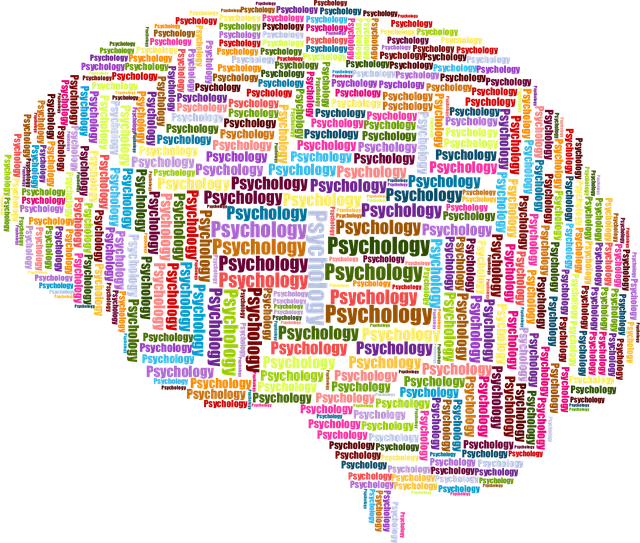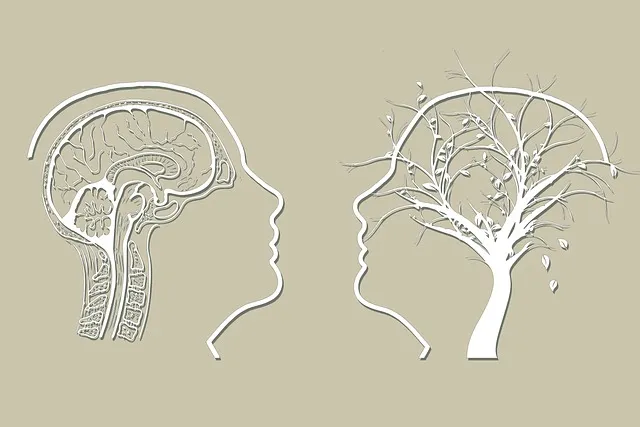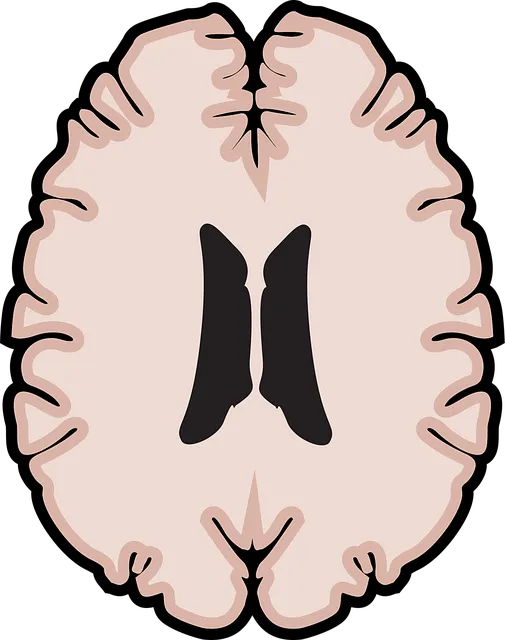Golden Kaiser Permanente has pioneered the development of innovative mental wellness apps, integrating evidence-based practices like Conflict Resolution and Social Skills Training to offer personalized guidance. These apps cater to diverse users seeking digital support, enhancing well-being through features such as mood tracking, VR exercises, and peer groups. The market is booming due to global demand, particularly from younger generations embracing technology for self-care. As shown by positive Golden Kaiser Permanente mental health center reviews, these apps revolutionize access to therapy, making it more affordable, tailored, and accessible, empowering users to actively manage their mental wellness journeys.
In today’s digital age, mental wellness apps are transforming healthcare, offering accessible support for diverse needs. Inspired by innovative models like Golden Kaiser Permanente’s approach, this article delves into the development of effective mental health applications. We explore market trends and target audiences, dissect key features, and navigate the development process from concept to launch, emphasizing best practices and user experience design. Additionally, we discuss evaluation metrics to measure the impact of these apps, drawing insights from Golden Kaiser Permanente mental health center reviews.
- Understanding Mental Health App Needs: A Review of Golden Kaiser Permanente's Approach
- Market Analysis and Target Audience for Wellness Apps
- Key Features and Functionality in Modern Mental Health Applications
- Development Process: From Concept to Launch, Best Practices and User Experience Design
- Measuring Success and Impact: Evaluation Metrics for Mental Wellness Apps
Understanding Mental Health App Needs: A Review of Golden Kaiser Permanente's Approach

Mental health apps have gained significant traction as a means to support individuals’ well-being between clinical visits or as a standalone resource. Golden Kaiser Permanente, a renowned mental health center, has recognized this need and adopted an innovative approach to app development. By reviewing their strategies, we can glean valuable insights into creating effective digital tools for mental wellness.
One of the key aspects of their method is incorporating evidence-based practices within the app, such as Conflict Resolution Techniques, Social Skills Training, and Confidence Boosting exercises. This ensures that users receive professional-level guidance tailored to their specific needs. Additionally, Golden Kaiser Permanente emphasizes user privacy and data security, crucial factors that foster trust among individuals seeking mental health support through digital channels.
Market Analysis and Target Audience for Wellness Apps

The market for mental wellness apps is experiencing a surge in popularity as more individuals seek digital tools to support their psychological well-being. According to recent studies, the global mental health app market is projected to grow significantly in the coming years, indicating a growing demand for innovative solutions. This trend is particularly evident among younger generations who are embracing technology as a means of self-care and stress management.
When analyzing the target audience for wellness apps, it’s essential to consider diverse demographics. The Golden Kaiser Permanente mental health center reviews highlight the need for accessible and personalized services, especially for individuals facing barriers to traditional therapy. This includes students, working professionals, and those in remote areas with limited access to mental health resources. A well-designed mental wellness app can cater to a broad range of users by offering features such as Mental Wellness Podcast Series Production, Coping Skills Development, and Mindfulness Meditation, ensuring that various preferences and needs are met.
Key Features and Functionality in Modern Mental Health Applications

Modern mental health applications are transforming the way individuals access support and care for their psychological well-being. Key features include personalized therapy sessions, digital mood tracking, and virtual reality (VR) exercises for relaxation and mindfulness. Many apps also offer live chat with licensed therapists and peer support groups, fostering a sense of community and connection.
Incorporating elements like Social Skills Training, Positive Thinking techniques, and Stress Management Workshops, these applications provide comprehensive tools to enhance mental resilience. The Golden Kaiser Permanente mental health center reviews highlight the growing acceptance of digital solutions in complementing traditional treatments. By leveraging technology, apps aim to make therapy more accessible, affordable, and tailored to individual needs, ensuring users can actively participate in their own mental wellness journeys.
Development Process: From Concept to Launch, Best Practices and User Experience Design

The development process of a mental wellness app mirrors the journey from concept to launch at renowned centers like the Golden Kaiser Permanente mental health center, as reviewed by users. It begins with identifying specific user needs and pain points related to mental health awareness and well-being. This involves extensive research and, often, consultation with healthcare providers and experts in the field, including those specializing in cultural competency training. The design phase focuses on creating an intuitive and engaging user experience, incorporating empathy-building strategies to ensure the app resonates with a diverse user base.
Best practices dictate a user-centric approach, where every feature and function is designed to enhance mental health support. This includes seamlessly integrating tools for stress management, mood tracking, and mindfulness exercises, alongside resources for seeking professional help. User experience (UX) design plays a pivotal role in making the app accessible and relatable, fostering trust and encouraging consistent use. By prioritizing simplicity, aesthetics, and effective communication, developers can create an app that not only meets but exceeds user expectations, contributing to broader Mental Health Awareness initiatives.
Measuring Success and Impact: Evaluation Metrics for Mental Wellness Apps

Measuring success and impact is a critical aspect of developing mental wellness apps. Unlike traditional healthcare models, digital platforms offer unique challenges and opportunities for evaluation. Key metrics should go beyond simple user engagement to capture the nuanced improvements in users’ emotional well-being. This can include tracking changes in stress levels, anxiety, and depression through self-reported assessments or biometric data integration.
The Golden Kaiser Permanente mental health center reviews highlight the importance of robust evaluation frameworks. By incorporating metrics that measure the effectiveness of features like Social Skills Training and Compassion Cultivation Practices, developers can ensure their apps are truly making a positive impact on users’ lives. Regular user feedback, progress tracking over time, and qualitative data from journaling or reflection exercises can all contribute to a comprehensive understanding of an app’s success in facilitating Emotional Healing Processes.
The development of mental wellness apps presents a promising avenue to enhance access to care, as evidenced by Golden Kaiser Permanente’s innovative approach. By understanding user needs through comprehensive reviews and market analysis, app developers can create targeted solutions that cater to diverse audiences. Modern mental health applications must incorporate key features like personalized therapy, mindfulness tools, and secure communication to effectively support users’ well-being. A successful development process involves adhering to best practices, prioritizing user experience design, and iterative testing. Ultimately, evaluating the impact of these apps through rigorous metrics ensures their effectiveness in improving mental health outcomes, as highlighted by Golden Kaiser Permanente’s success stories.






